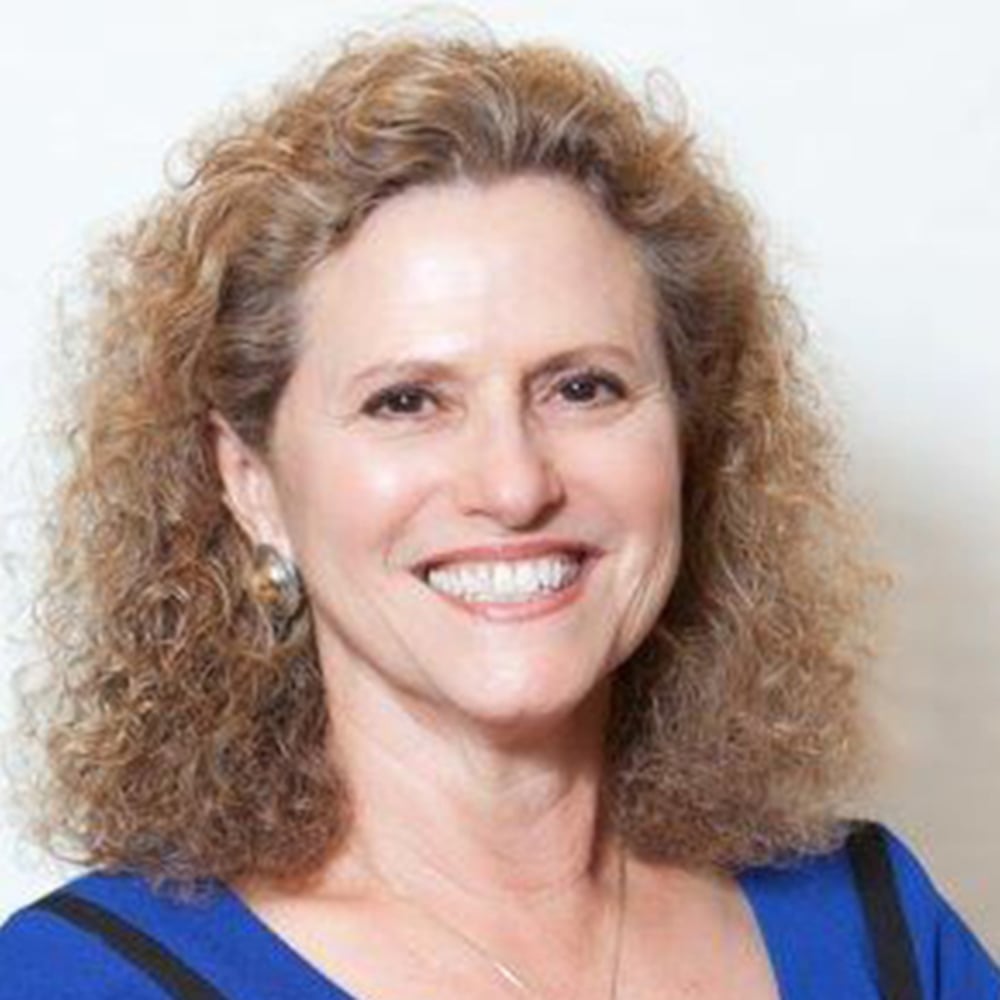Good.
Amid continued scrutiny over how lawmakers handle reports of sexual misconduct by their colleagues, members of the House on Wednesday approved a measure that will strengthen the way the chamber addresses complaints of sexual harassment.
As part of a unanimous vote on the House’s standard housekeeping resolution that governs its operations, the chamber approved a new internal policy that would move investigative duties for complaints of inappropriate behavior to a legislative committee with subpoena power. It also cements the use of independent investigations of elected officials.
The policy is meant to add more teeth to the chamber’s process for investigating harassment complaints and would place the House more in line with congressional practices. It was prompted by a work group created last year by former Speaker Joe Straus, who asked the group to recommend measures to address and prevent sexual misconduct in the Legislature after reports shined a light on how entrenched the issue is at the state Capitol.
“[We worked] to ensure we were providing a policy that was honoring those who had been subjected to harassment so they felt they would get a safe and fair hearing, that they had a place to go to that they could count on,” said state Rep. Donna Howard, an Austin Democrat and co-chair of the work group that worked to revise the chamber’s policies.
Under the new policy, sexual harassment complaints would go through the chamber’s general investigating committee, which would investigate and recommend sanctions based on the severity of the harassment. If the complaint involves a member of the House, the committee would be required to appoint an independent investigator.
House members made a slight change to the proposed policy that specified any independent investigation of a state representative would be a fact-finding mission only and not involved in any potential remedial action.
That committee, whose members would be appointed by the speaker of the House, emerged as the preferred venue for such investigations because it already has authority to hold closed meetings to ensure confidentiality and can eventually make reports public, Howard said. It also can cite someone for contempt if they ignore a subpoena.
See here for the background. This seems like a workable approach, and I trust Rep. Howard and her co-chair Rep. Nicole Collier to be thorough and thoughtful. We’ll just have to see how it works in practice, because for sure there will be need for this sooner or later.

